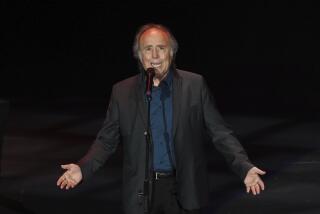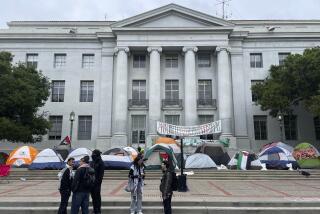Thousands turn out to demand minimum wage of $15 per hour
Thousands of fast food workers, domestic workers and members of other professions such as teachers and transportation workers took to the streets Wednesday in a number of main U.S. cities to demand a minimum wage of $15 per hour.
In New York, Miami, Boston, Chicago, Los Angeles and other important cities around the nation work stoppages and demonstrations were staged in support of better pay, all of them convened by the Fight for 15 movement and planned to coincide with Tax Day.
All day long, the workers posted photographs of the protests on the social networks.
Currently, the U.S. minimum wage is $7.25 per hour, although some cities have minimum pay requirements of about $10 per hour.
AFLCIO president Richard Trumka said in a communique issued from Washington that the protests are designed to move forward with securing a nationwide minimum wage of $15 per hour, a pay rate he said that would give every worker the chance to achieve the American Dream.
The protests began first thing in the morning in Chicago, where fast food restaurant workers gathered in front of a McDonald’s store carrying signs and a statue 4.8 meters (about 16 feet) called “Dignity,” representing the protesters.
Other demonstrations during the day involved students and halftime professors at universities and community colleges; security guards, maids and airport workers, as well as workers at industrial cleaning firms.
In New York, the protest also attracted teachers, childcare workers, maids and airport workers to various events.
Carrying signs with messages like “I work in fast food and I’m on strike,” “We’re human beings” and “They exploit people worldwide to make money,” the demonstrators marched peacefully through the streets of New York, albeit under the watchful eyes of the police.
In Miami, about 300 people convened by the SEIU union turned out to denounce wage exploitation, especially against undocumented immigrants who cannot defend their rights.
In Los Angeles, several hundred workers marched through the city and spokesmen for them said that low wage conditions had forced many fast food workers and employees at big chains such as WalMart to rely on welfare and other subsidies to be able to make ends meet.
McDonald’s, one of the main targets of these demonstrations, issued a statement expressing its respect for the labor mobilization and noting that like WalMart it had recently announced that it will raise the pay of some of its workers by $1 per hour.
Nevertheless, the fast food giant emphasized that 90 percent of its restaurants are franchises and, thus, it cannot force the owners of those businesses to hike their workers’ pay.








